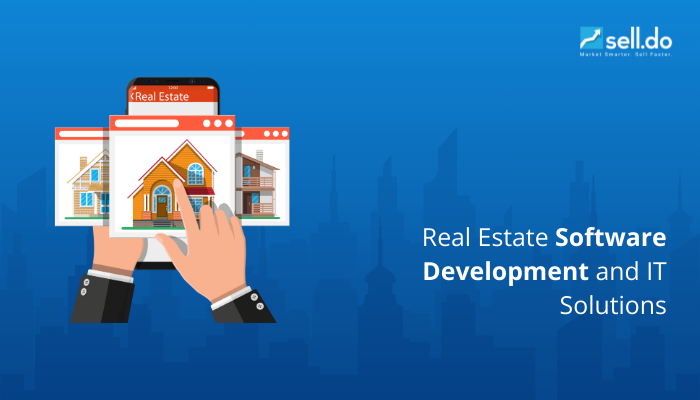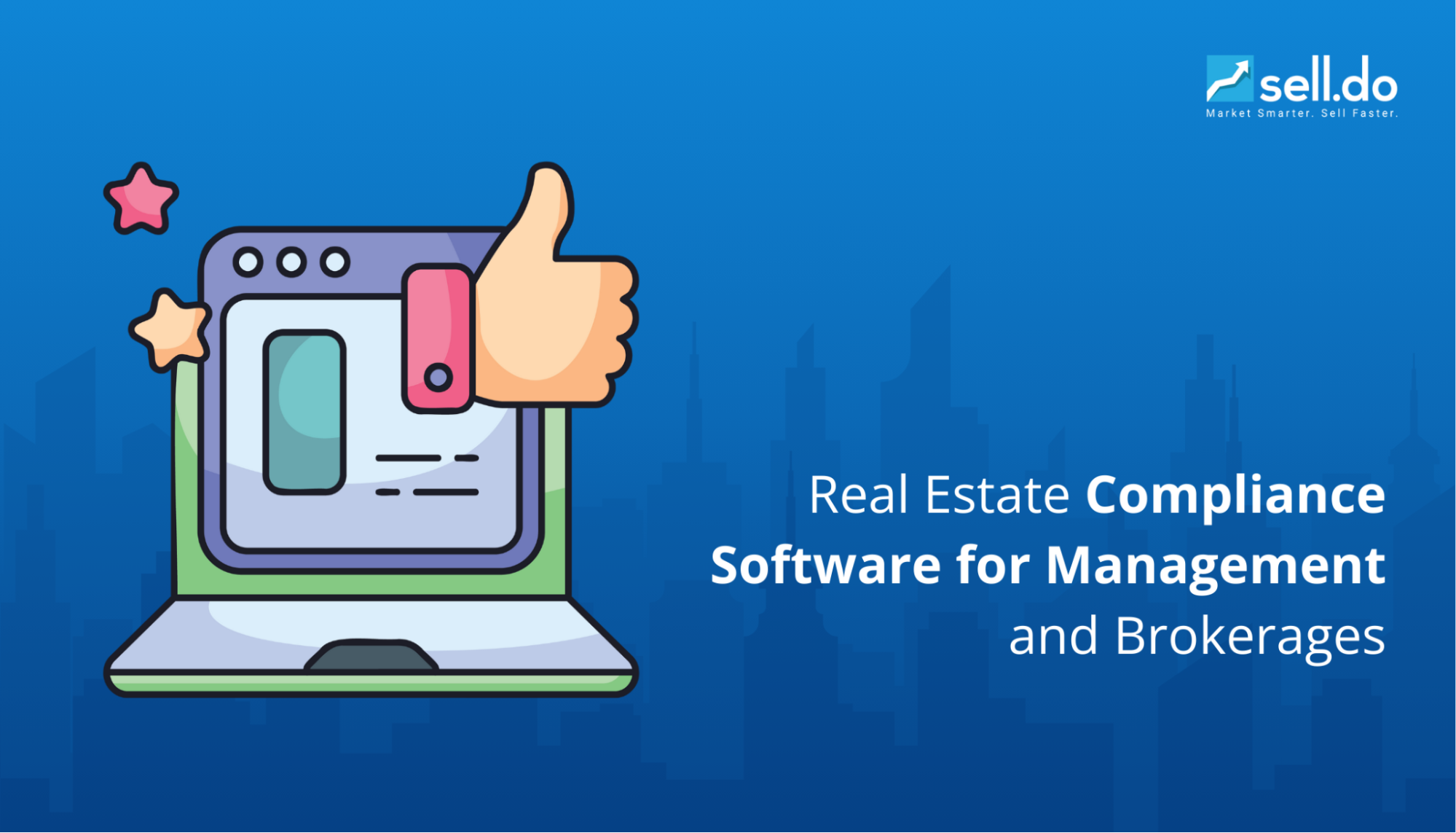The ongoing pandemic has impacted the Real Estate sector considerably. Just as the economy was getting back on track, the pandemic brought everything to a standstill.
To counter this, the Government of India recently urged all states to reduce the stamp duty on sale deed documents for property registration in order to encourage consumers to invest in properties.[1] Now, stamp duty charges stand at 5% for urban areas and 4% for rural areas.
While this does look positive, there are a few challenges that Real Estate businesses are facing.
Challenges for Real Estate Developers
-
Labour Issues
The Real Estate sector is trying to get back on track post the unlock phase. But the reverse migration of labourers is preventing construction work from getting into full swing. A smaller workforce poses a challenge for developers in completing ongoing projects and building new ones.
-
Remote Working
The Government has put restrictions on the number of employees that can work from offices, coercing developers to redesign their sales processes to adopt to remote working. This poses somewhat of a challenge to the Real Estate sector, which is predominantly driven by personal interactions and physical visits.
-
Reluctance for Site Visits
The constant increase in the number of active cases has instilled a great sense of fear in the masses. Homebuyers are avoiding visiting any site or meeting salespeople in person. Due to which, the sales process has been hindered and deals aren’t closing.
The future seems uncertain for now, and it would require businesses to take thoughtful steps to wade through this situation. There are a few points that can be considered by Real Estate businesses to get their revenues back on track.
-
Measures to Overcome Challenges
Technology will play an important role in helping Real Estate developers adapt to the so-called ‘New Normal’. When it comes to day-to-day operations, developers will be looking at remote team management as an essential part of business.
Home buyer sentiments have changed considerably, which means your sales pipeline will have to be customised as well. Leads are increasingly preferring to have minimum physical interaction, and hence sales teams will have to engage them through video conferencing and tele-calling.
Furthermore, since customers are hesitant to visit properties in person, digital platforms like a Real Estate CRM should be used to offer virtual tours and online booking facilities. It will help developers to offer a safe and convenient buying experience to customers.
Actual site visits will also have to be conducted with maximum attention to sanitisation and safety of the visitors. Measures like temperature checks, frequent disinfection, sanitisation booths, etc. should be arranged for and informed about beforehand.
Moreover, developers can also talk about the various Government initiatives that have been introduced, like low home loan interest rates, reduced stamp duty and registrations changes to attract homebuyers.
Conclusion
Irrespective of the pandemic continuing or ending, Real Estate developers will have to adapt to the changing market scenario and implement online selling as an essential process. Leveraging Government initiatives, employing smart marketing automation and digitising sales processes with the best real estate CRM software is a good way to get back on track.






Leave a comment
Comments (3)
The "measures to overcome" section could have been more elaborate. Although, the blog is well-drafted and well-thought.
Leave a ReplyAre there any good CRMs for real estate in India?
Leave a ReplyThere are many well-known CRMs in the Indian market. But Sell.Do is the only CRM that is designed specifically for the Real Estate Industry. The product easily adapts to any real estate business' workflows and processes, and offers a lot of customization options as well. - about 4 years ago
The conclusion summed it perfectly. Taking real estate online is inevitable now. Good blog overall.
Leave a Reply